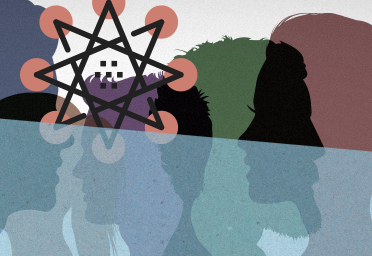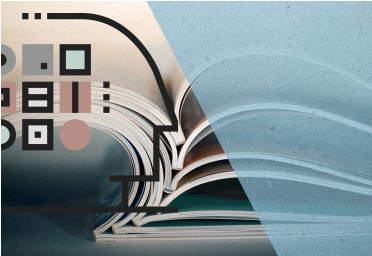The m-HELP initiative is designed to link people with the online stress management programs that are best suited to their particular circumstances.
Overview
A generation ago, many people seeking relief from stress-related problems such as headaches or sleep problems picked up a self-help book at a library or bookstore. People today are more likely to turn to the internet, where they can find many online programs, including over 10,000 apps for stress management and mental health.
But how can you decide which of the 10,000 apps is likely to work best for you? It is not easy. The creators of these apps often make inflated claims that are not backed up by solid evidence. In fact, just 3% of these apps have been studied systematically to determine their effectiveness.
Our goal is to spare you this hassle by making the choice for you. All you have to do is to fill out a survey that provides us with some information about you, such as your health history, the stresses you are now facing, and other problems that you are experiencing. We then match you with an online stress management program that is likely to help you stay healthy.
The services offered by the m-HELP initiative will not cost you anything. While some online programs that we recommend may charge a monthly fee for a subscription, each program has enough free content to be useful, even if you choose not to pay for the additional content that is available only to subscribers.
Our Story and Our Study
The m-HELP initiative was started as a response to the COVID-19 pandemic. The goal of our non-profit organization is to help people find free evidence-based online stress management programs that address common stress-related symptoms such as anxiety, sadness, insomnia, lack of energy and headaches.
m-HELP was set up to solve a vexing problem—the dizzying array of options available to people seeking stress relief.
The internationally acclaimed researchers on m-HELP’s Scientific Advisory Board established a scientific protocol for developing our matching service that quickly links people with the particular online program that is best suited to their particular circumstances.
The four pillars of our ongoing scientific investigation
First, we worked with leading experts from the two main rating systems for online mental health programs, the American Psychiatric Association’s App Evaluation Task Force and the One Mind PsyberGuide Initiative to develop a list of the best evidence-based programs that are both free (or have enough free content that they can be helpful without users having to pay anything) and are protective of the privacy of users.
Second, we pulled together all the scientific evidence about the personal characteristics of the individuals who are helped by each of the internet-based programs included in our list. We then used that information to create a questionnaire that we are asking people to fill out before we give a recommendation. The responses will enable us to determine which of the free online programs we recommend is likely to help a particular individual.
Third, we created a fact sheet on each of the online programs that we recommend. This fact sheet also contains installation instructions as well as the toll-free number of our technical support staff.
Fourth, we created a series of short follow-up questionnaires that we ask people to complete after they have tried out the online program for 30 days, 3 months, 6 months, and 12 months. These questionnaires will provide us with information about how well the program worked. This information is critically important to us, as it is the only way we know if our recommendations are working. We will use this information to refine our computerized system for making recommendations.
More about m-HELP
The members of m-HELP’s Scientific Advisory Board are often interviewed by major media outlets about their research on online programs that address stress management and other mental health problems.
m-HELP was created by a group of internationally acclaimed researchers in the fields of psychiatry and psychology affiliated with leading universities around the world.
Over decades, mental health researchers have discovered tried-and-true approaches that reliably help people to cope with anxiety, stress, and depression.


